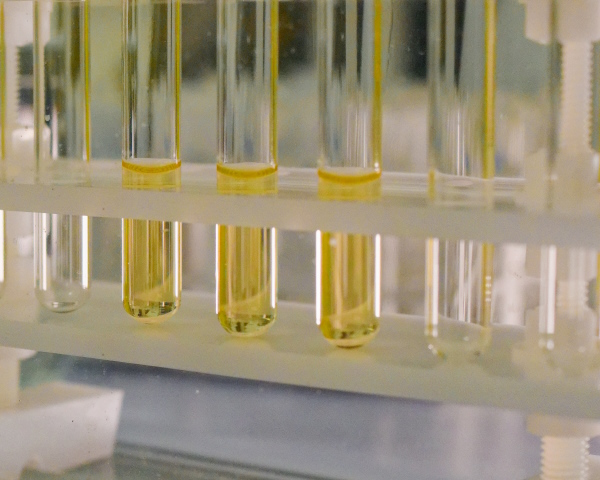We use stable isotopes to investigate complex biological and environmental processes from cells to humans and beyond to whole landscapes. We measure biologically and chemically driven changes in the natural abundance of isotopes (2H, 13C, 15N, 18O) at the molecular (compound-specific) level. We also measure labelled (enriched) substrates, exploiting isotope tracers in our research to probe multiple metabolic processes to provide mechanistic insight into complex biological systems including human health and disease.

Get in touch: Prof Douglas Morrison
Projects
-
13 OctNovel tools for evaluating intestinal dysfunction in children and adults with malnutrition disorders
-
13 Oct
iPREVENT
Increase colonic propionate as a method of preventing weight gain in adults aged 20-40 years. -
13 Oct
Impact of protein quality and fibre in ageing
Exploring the impact of protein quality and fibre on gut barrier function, inflammation and body composition in ageing.
Techniques & Technologies
GC-C-IRMS & GC-P-IRMS
compound specific 13C, 2H & 15N in carbohydrates, lipids, amino acids and other small molecules
GC-MS & LC-MS/MS
13C, 2H & 15N enrichment in biological and environmental samples for human isotope labelling studies of gut function, microbiome activity, obesity and malnutrition
FTIR
D/H ratios in waters, saliva, urine, plasma for studies of body composition and energy expenditure in humans
Biological safety level 2 lab
to receive and process biological and clinical samples

